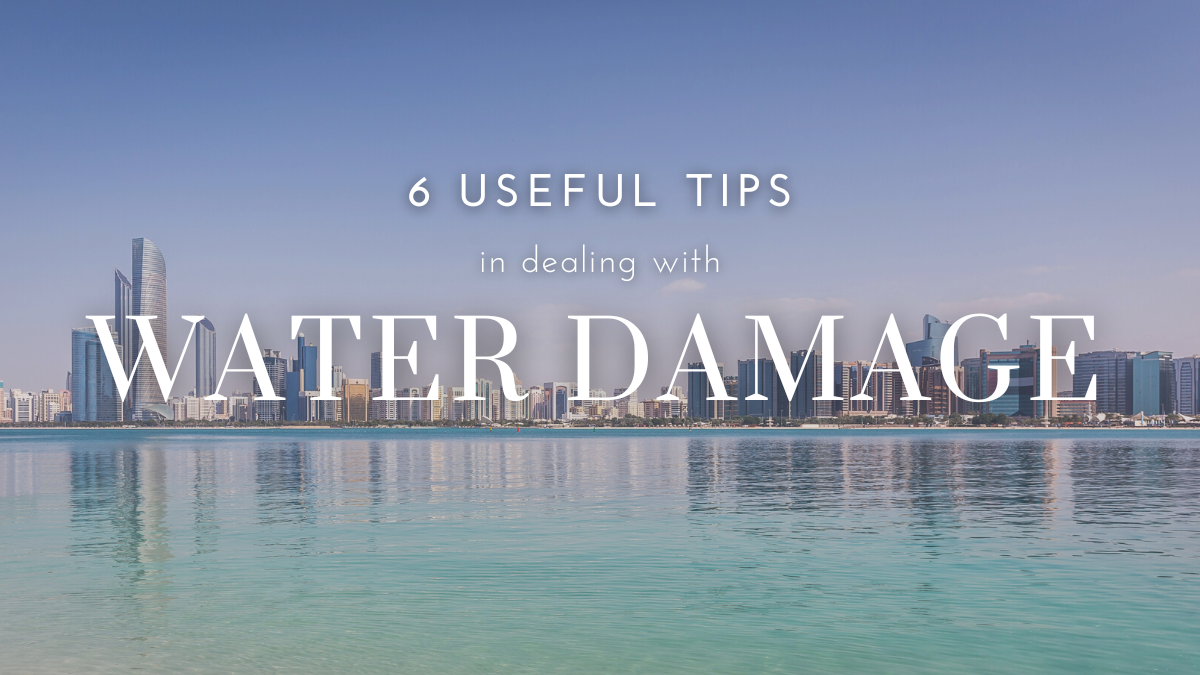It can be difficult to make important financial advisor decisions by yourself. A financial advisor can help you achieve your goals. You need to ask yourself the right questions in order to choose the best financial advisor professional for you. This article will look at some of the most important questions to ask before you hire a financial advisor, and also one question that you must ask yourself. Let’s first examine the role of financial advisor.
Seven questions to ask your financial advisor
Holborn Assets is one of many financial service companies that offer an initial consultation with a financial adviser for free. You can ask questions and determine if the adviser is right for you.
These are seven questions that you should ask your financial advisor during your initial meeting.
1. What services do you offer?
Do you need financial advisor planning, investment advice, or assistance in developing a retirement plan to help you achieve your goals?
Not all financial advisors provide the same services. It’s important to choose a financial advisor who can provide the services that you require.
2. Who are your typical customers?
Some financial advisors may only work with certain types of clients. Clients should make sure their financial adviser is experienced in handling their particular needs and situation.
Related: Business Development Company Controlling Performs
3. What is your investment philosophy
By asking the right questions, you can ensure that your advisor’s style of investing is in line with yours.
Your timeline, your risk tolerance and your goals should be taken into account by a good financial advisor to help you make the right investment decisions.
4. How will we work together
Establishing expectations about how your professional relationship will function is essential. Include how and when you plan to communicate.
It will depend on the goals you have and what services you need. Some people might only need a single meeting. Some people may require a service that is ongoing, with regular assessments of your financial situation.
It is important to know the way things will go.
5. What is the fee structure for your services?
You should know how and what the adviser will be paid upfront. This will prevent any unexpected charges.
Financial advisors have a wide range of fee structures. Some financial advisers may have one fee structure while others might use a mix of fees depending on their service.
6. Are you an independent financial advisor?
Financial advisors fall into two categories: independent and restricted advisers.
Restricted advisers, as the name implies, are restricted in the products they can recommend. They can only sell products from a few companies or certain suppliers.
Independent advisers can provide a wide range of products. Also, they provide advice that’s unbiased and without restrictions.
With an independent advisor, you will have more choices and a wider range of solutions and products. The adviser will state which products were considered in providing independent advice.
7. What is your qualification?
You should always check that the person who is providing you with financial advice has the required credentials.
Financial advice requires qualifications. These qualifications also indicate the level of expertise of a person.
Holborn Assets’ advisers are Chartered Insurance Institute (CII), Chartered Institute of Securities and Investments (CISI) (or the country equivalent) level 4 qualified.
Disclaimer
You shouldn’t construe information or any other material as financial advisor, legal, investment, tax or other advice. Holborn does not intend to solicit, recommend, endorse, or make any offers through its material. Not all products are suitable for every investor. Holborn may act as an introducer/facilitator of a product or service. The decision to accept or reject any product application will be solely the responsibility of the party concerned. Holborn does not offer any guarantees or accept any liability in relation to the product.
Read more:









